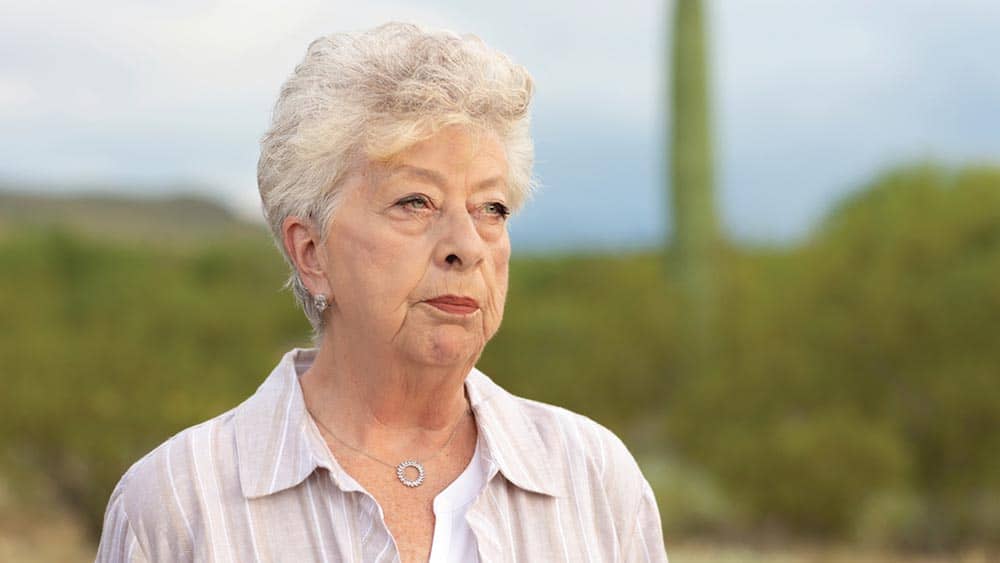

UTIs and Older Adults: Symptoms and Prevention Tips
A urinary tract infection, or UTI, can be embarrassing to talk about, but did you know that staying silent about it could lead to a more serious situation? Without treatment, it is likely to worsen and cause complications. In older adults, many of the symptoms can be confused with other conditions.
Common UTI Symptoms in Older Adults
Among the most common bacterial or fungal infections in older adults, UTIs start in the urethra. Unless the immune system knocks a UTI out, it may spread to the bladder and kidneys. Symptoms include:
- Increased urgency to urinate
- More frequent urination
- Burning, pain, or general discomfort during urination
- Cloudy, thick, or pungent urine
- Blood in the urine
In some people, the bladder may not feel empty after peeing. Others may feel fatigued and generally out of sorts. Other symptoms may include:
- Incontinence
- Lethargy
- Falls
- Decreased mobility
- Suppressed appetite
UTIs are more problematic for older adults because they may not exhibit the classic signs. In older adults, the infection may cause confusion, delirium, or other behavior changes such as restlessness or social withdrawal. Seniors with dementia are more prone to confusion or agitation with a UTI. It can be difficult for a caregiver to determine if these symptoms are part of already impaired cognition or the result of a UTI.
What To Know and Look For
There are several things to be on the lookout for when it comes to UTIs, including the following:
- It’s important for caregivers to know that seniors with the infection may not recognize the symptoms or report them. That can lead to the condition going undetected and, therefore, spreading. Only medical testing can determine if a UTI is the culprit of whatever discomfort the senior is experiencing. If a UTI is suspected, the senior needs to have a urinalysis performed. Home test kits are available but not always accurate.
- Older people with Alzheimer’s disease, Parkinson’s, or diabetes are at higher risk of developing urinary retention or neurogenic bladder, which in turn increases the risk of UTIs.
- There are gender specifics that correspond to a greater risk of UTIs. Women are more likely to get UTIs than men because their urethras are shorter than men’s. Postmenopausal women are at risk of UTIs because of estrogen deficiency. Estrogen may help protect the vagina and urethra from an overgrowth of E. coli. When estrogen decreases during menopause, E. coli may take over and trigger an infection. Men are at greater risk if they have a history of bladder or kidney stones, an enlarged prostate, catheter use, or bacterial prostatitis (a chronic infection of the prostate).
- Older adults living in long-term care facilities, especially patients using catheters or wearing incontinence briefs, are at higher risk of developing a UTI because of bacteria that can develop without proper personal cleaning. One study found more than one-third of all infections in nursing homes are UTIs.
- Caregivers should know that certain things increase the risk of UTIs in older adults, including a history of UTIs, dementia, catheter use, bladder or bowel incontinence, and a prolapsed bladder.
UTI Treatment for Older Adults
UTIs are treatable if detected early enough. If left untreated, a UTI can cause kidney damage, even kidney disease, or sepsis, which occurs when the infection spreads to the bloodstream and throughout the body.
When a UTI spreads to the kidneys, the senior may experience fever, flushed skin, pressure or pain in the lower abdomen or pelvis, nausea, or vomiting.
Most UTIs are successfully treated with an antibiotic or antifungal medication. The medication must be taken as directed, and the entire prescription must be completed, even if the patient feels better, to ensure all the infectious bacteria are destroyed and don’t return.
UTI Prevention Tips for Older Adults
Older adults, with help from their caregiver, can do things to reduce the chance of developing a UTI:
- Drink ample fluids.
- Avoid caffeine and alcohol.
- Wipe from front to back after going to the toilet.
- Don’t use douches.
- Promptly change incontinence pads or underwear when wet.
- Urinate as soon as the urge hits rather than holding it.
Nursing home or long-term care facility residents often depend on others to protect them against UTIs. That is why it’s imperative that family caregivers advocate for the necessary hygienic, dietary, and health practices to keep their loved one UTI-free, or if a UTI develops, to have it effectively treated.
The bottom line is that UTIs are nothing to laugh at or fool around with. Family caregivers should proactively look for signs of UTIs in the people they care for and take action if they suspect one is present. Get the older adult checked out and the relief they need for what can not only be an irritating but also a debilitating, dangerous condition.
How Right at Home Can Help
Right at Home caregivers are compassionate about caring for seniors and helping them navigate the aging journey. They can provide a wide range of services, including overseeing medications, monitoring for changes in condition, and helping with other needs around the house during recuperation. Other services include grocery shopping, meal preparation, and assistance with dressing and hygiene. To find out more, use our office locator to contact the office nearest you and ask for a FREE in-home consultation.
Interested in receiving online information, tips, and advice about the aging journey delivered to your email inbox? Subscribe to our monthly Caring Right at Home e-newsletter today.






